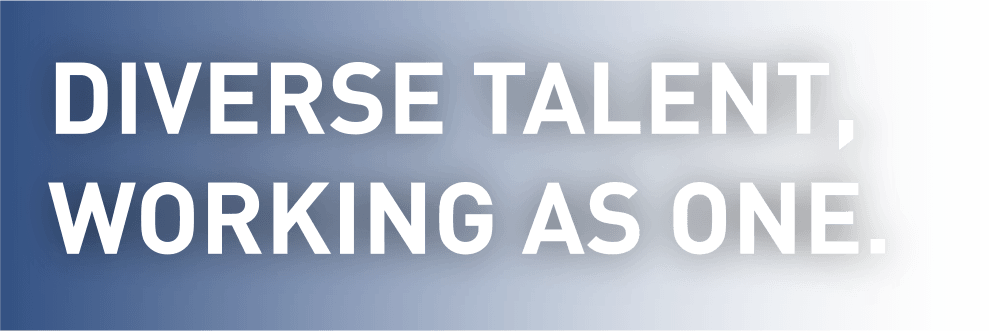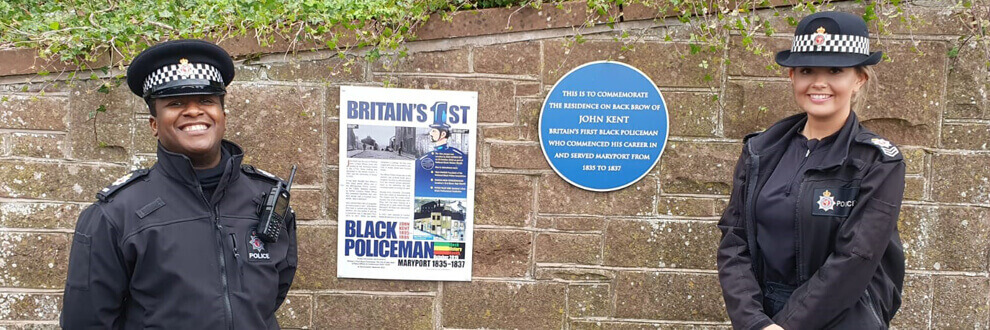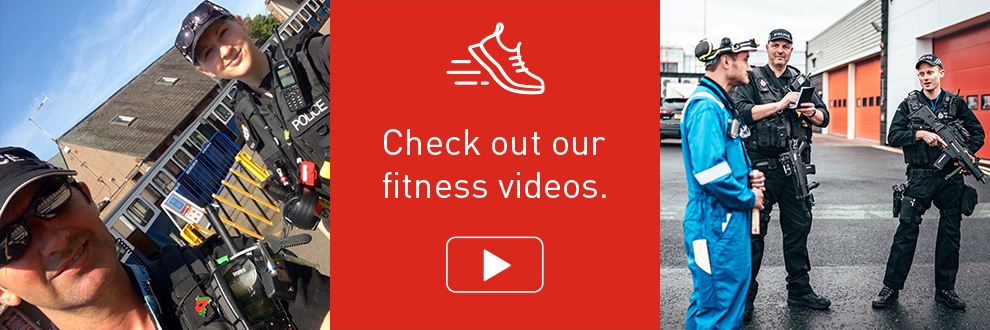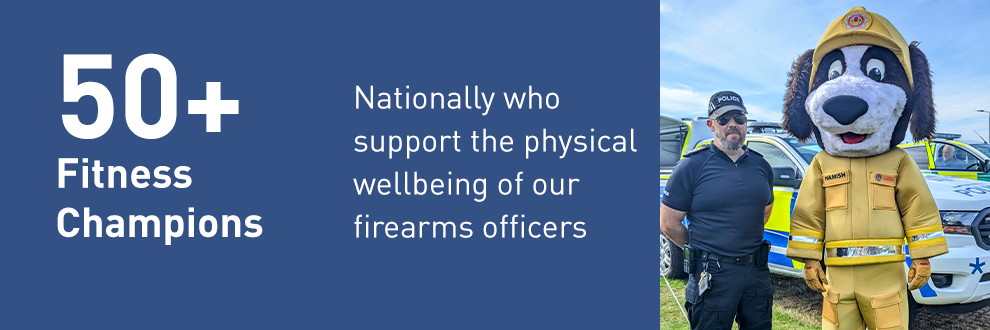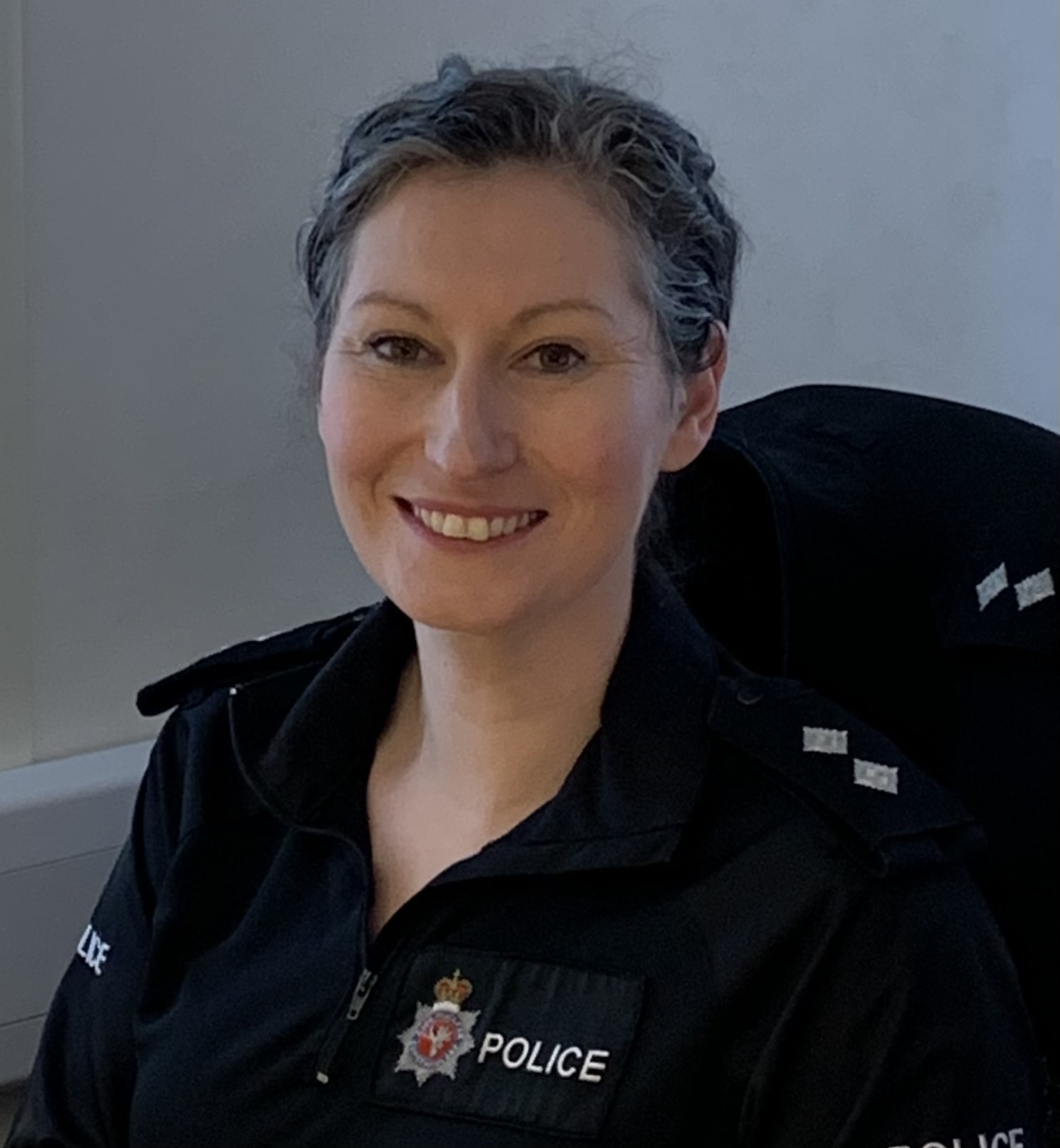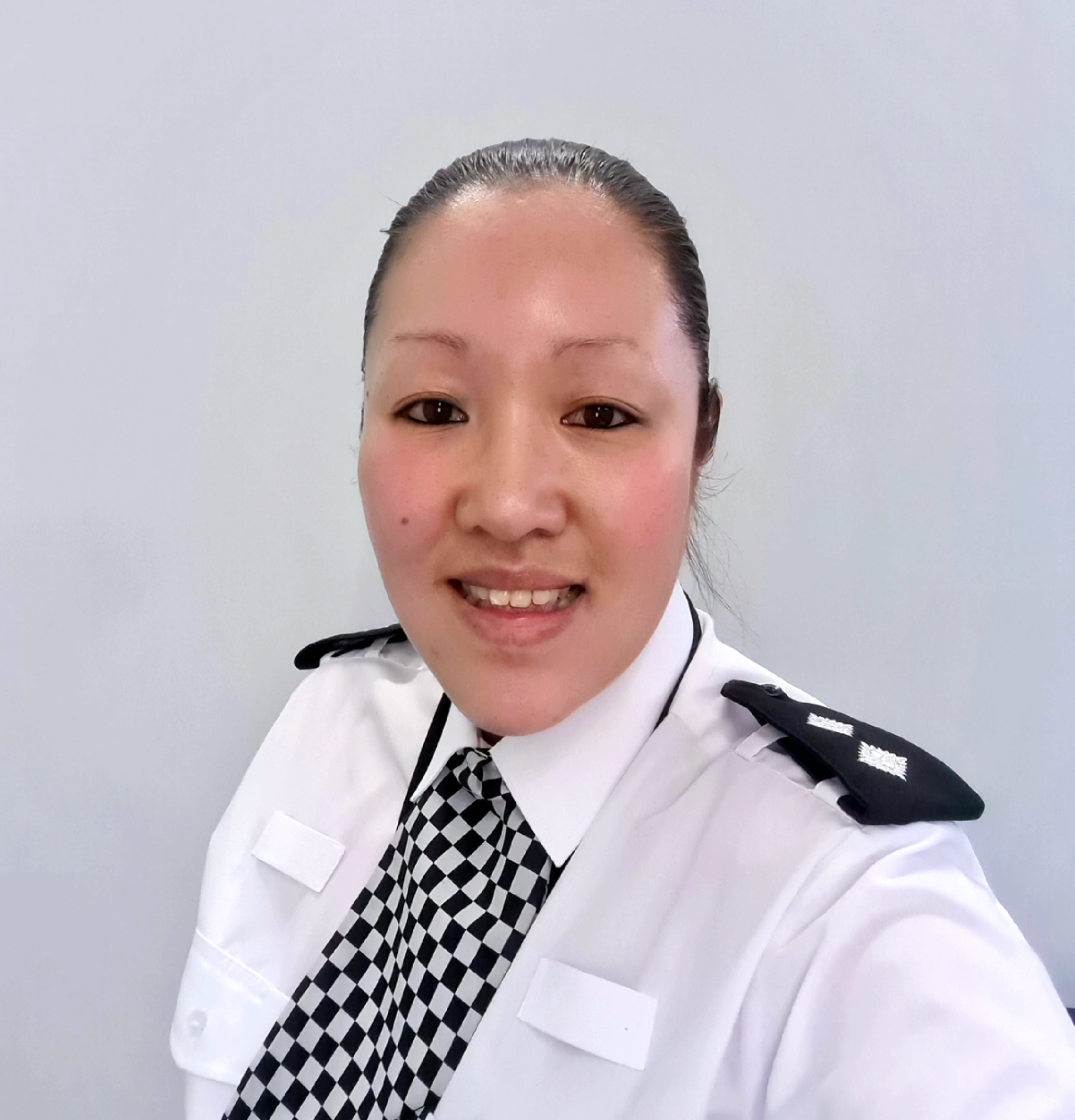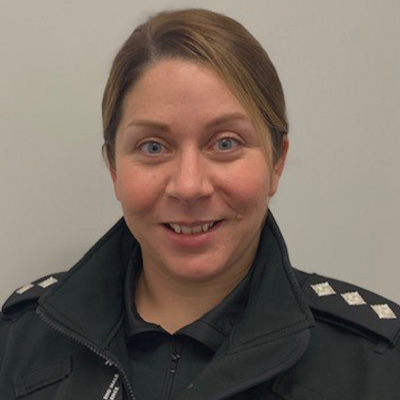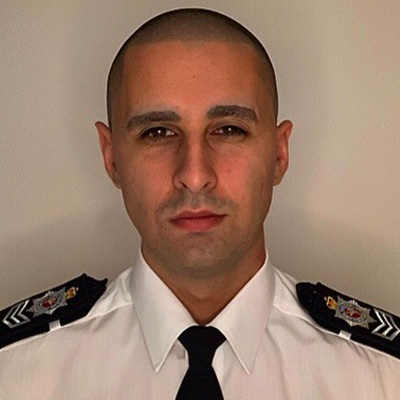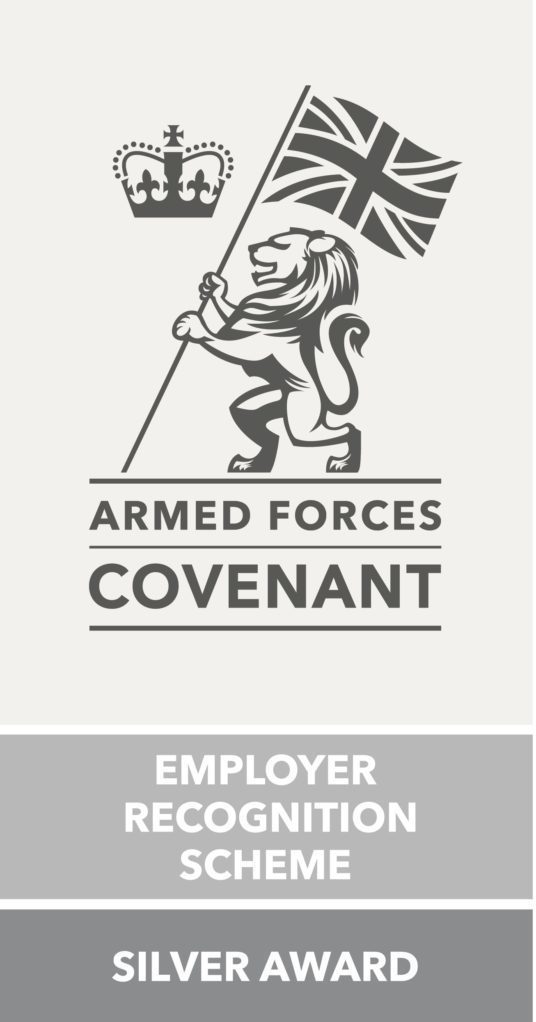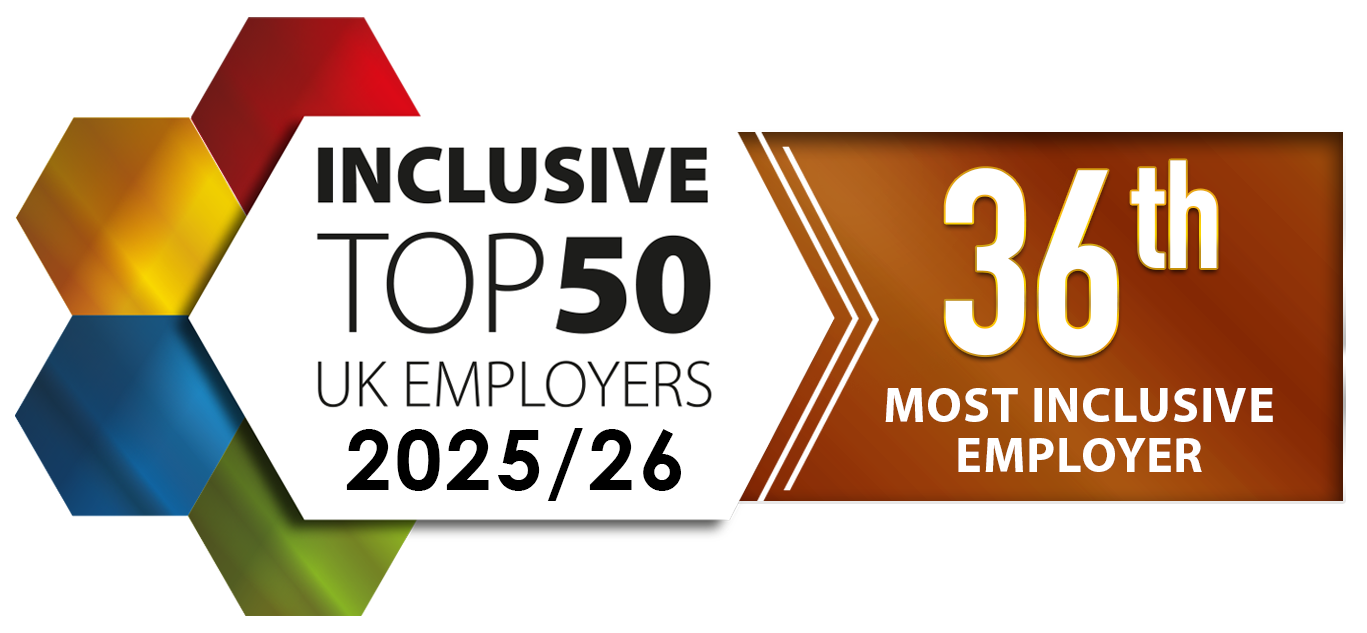Our Ambition
To be recognised nationally and internationally as the leading organisation for armed policing of critical national infrastructure in the UK.
Our Mission
In partnership with the civil nuclear industry, national security agencies and regulatory bodies, the CNC will deter any attacker whose intent is the theft or sabotage of nuclear material, whether static or in transit. If an attack occurs, CNC will defend that material and deny access to it. If material is seized or high consequence facilities are compromised, the CNC will recover control of the facility and regain custody of the material.
CNC Inclusive and Engaged
We are committed to building a unified, open, and inclusive culture, working together to achieve our Mission and Ambition. We actively develop a culture of engagement and inclusivity, promoting belonging and recognising the strengths of a diverse workforce.
We value inclusivity and engagement, focusing on health, safety and wellbeing so all employees can flourish and feel trusted, valued and involved in the organisation.
Find out more about Equality, Diversity and Inclusion at the CNC on our website, including EDI data such as our Gender Pay Gap report.
Culture at the CNC
An organisation's culture defines the proper way to behave within it. This culture consists of shared beliefs and values established by leaders and then communicated and reinforced through various methods, ultimately shaping employee perceptions, behaviours and understanding. Culture is extremely important in a police force, as we police by consent and must set the highest standards and lead by example to the public we protect and our stakeholders.
Cultural Review
Commissioned by CNC Chief Constable Simon Chesterman, this full cultural review was carried out by an external consultancy, who ran workshops, focus groups and individual interviews, as well as a all employee survey to give people opportunity to speak openly and honestly about our culture.
Independent internal review into culture and gender at the CNC
An independent HR Consultant undertook a full review of our culture in three phases. The key findings of this internal report were that the CNC does not have a culture that made it impossible for women to thrive and it recognised that, for many, the CNC is a rewarding, supportive and enjoyable place to work, with areas that the organisation should rightly be proud of. It also acknowledged the significant work that has been carried out across the organisation in terms of gender.
There are, of course, areas that we need to improve on including our recruitment and training practices, and we have developed a detailed integrated cultural action plan to make these improvements.
Equality, Diversity and Inclusion (EDI) Strategy
As part of UK policing, the CNC is committed to having a workforce that reflects the diversity of the communities we serve and the stakeholder environment we operate within. A truly diverse makeup demonstrates to the public that police are there to serve everyone and this in turn builds trust. Valuing people as individuals and harnessing differences is simply the right thing to do.
Everyone deserves to be treated fairly and with respect and should not suffer disadvantage or discrimination because of who they are. Diversity in our workforce means we have people from different backgrounds and with different personal circumstances bringing a wide range of experiences and perspectives which enables us to perform better as a team. With the diversity of experiences within our workforce we will enjoy insight, innovation, and improvements. The EDI Strategy outlines our aims and vision in this area and how we will achieve a fully inclusive workplace for all.
Gender Responsive Policing Strategy
Alongside this, the CNC was proud to launch our Gender Responsive Policing Strategy – the first of its kind across policing in the UK.
The strategy sets out the clear vision for the CNC to be a gender responsive police force with a fully inclusive workforce. We are committed to embracing all gender identities, ensure we all practice inclusive behaviours and challenge harmful practices and views that damage both the individual experiencing them and the organisation as a whole.
HMICFRS Inspection
The Civil Nuclear Constabulary requested to be one of the eight forces who took part in His Majesty's Inspectorate of Constabulary and Fire and Rescue Services (HMICFRS) review of vetting, misconduct, and misogyny in the police service, which was commissioned by the Home Office. Their report was published in November 2022 and was highly critical of the police service as a whole, making a total of 43 recommendations across five areas.
The report clearly shows that police vetting, misconduct and misogyny are an issue across the police service, and we continue to work with our national and Home Office counterparts, including the HMICFRS, College of Policing and National Police Chief's Council to ensure lessons are learnt from the report and vetting and misconduct practices are tightened across the board. We have already taken steps since the inspection took place and are determined to raise standards, both in vetting and misconduct, and ensure any officers with sexist or misogynistic views are rooted out. They have no place at the CNC or in UK policing.
Our Values
The CNC is closely aligned to the nationally recognised values and principles within the Code of Ethics. These provide a consistent, transparent foundation upon which we can continue to strengthen and develop all our people-related activities. This framework ensures that there are a set of clear expectations for everyone working across all ranks and grades within the CNC.
-
We are proud to deliver high quality armed policing. We are committed to protecting the public and to our core role of keeping the nation’s civil nuclear material safe.
As individuals and as part of a wider organisation, we have a responsibility to ensure that we act in the best interests of the public as a whole. Improving the safety and wellbeing of the public underpins all that we do.
We are dedicated to working in the public interest, engaging and listening to their needs and concerns. We work to make sure that the public feel valued and engaged, which helps build confidence in the service we provide.
-
We are match fit and ready to respond, both through our core role and by supporting the UK’s armed surge capability. Remaining ready and agile is a whole team effort.
We are genuine with those we communicate with and endeavour to create trusting relationships. We accept feedback and are comfortable in responding to criticism and finding ways to improve.
We constantly think about how to create the best possible outcomes for those we serve and take personal responsibility for delivering this.
-
Regardless of background, everyone is equal and has a vital part to play in helping us achieve our ambition. Equality, inclusivity and fairness are at the heart of everything we do.
As a police service, we must show impartiality throughout our dealings with colleagues, stakeholders and members of the public. We consider the different sides of a situation and ensure that each side is given equal consideration. We do not favour one person or group over another, acknowledging that discrimination increases feelings of unfairness and makes our jobs harder to do. We must not allow personal feelings, beliefs or opinions to unfairly influence our actions in any situation.
We are clear in our rationale for the decisions or actions we take, ensuring they are clear and evidence-based.
-
Our strengths lie in armed policing and world-class firearms training. Our ambition is to be recognised nationally and internationally as the United Kingdom’s leading organisation for the provision of Armed Policing Protective Services.
We understand and reinforce expectations of professional behaviour and openly recognise good and bad performance. We also maintain the highest levels of professionalism, making sure that we always uphold the values and ethical standards of the police service.
We need to build and maintain the confidence of the public, colleagues and stakeholders if we are to deliver a modern and effective Armed Policing Protective Service.
Code of Ethics
The aim of the Code of Ethics, produced by the College of Policing, is inclusivity and to provide each member with direction on promoting and supporting ethical and professional behaviour
Ethical Policing Principles
The ethical policing principles are a series of guiding statements that should be used to help people in policing do the right things, in the right way, for the right reasons.
Everyone in policing routinely makes important decisions. We make these decisions because it is our duty to uphold the law, prevent crime and disorder, protect and reassure communities, investigate crime and bring offenders to justice.
Carrying out these duties can be physically, mentally and emotionally demanding. Our decisions can raise complex ethical issues because they affect other people, often at difficult times in their lives. Deciding what to do is not always straightforward and the best course of action may only become apparent after decisions have been made.
Everyone in policing holds a privileged position in society that depends on the consent of the public. Our mission, to help keep the public safe, relies on us having public acceptance and cooperation. We must all strive to deliver an honourable and legitimate police service deserving of the public’s support.
We work with, and for, the public. We earn the public’s confidence when we listen to what they have to say, make decisions that are fair and unbiased, and are open and honest about our decisions. Securing public trust also means working within the limits of the law and being accountable for our actions.
Each of us is responsible for upholding the integrity of our profession. We support each other, but never to the detriment of the public. We treat each other with respect and behave in ways that demonstrate and reinforce the standards of our society and the standards expected of us.
The ethical policing principles help us to achieve this.
Courage Making, communicating and being accountable for decisions, and standing against anything that could bring our profession into disrepute
Respect and Empathy Encouraging, listening to and understanding the views of others, and seeking to recognise and respond to the physical, mental and emotional challenges that we and other people may face
Public Service Working in the public interest, fostering public trust and confidence, and taking pride in providing an excellent service to the public
Affinity Networks
A diverse workforce means our team has a wider range of skills, abilities and experiences. This helps us to be more effective and agile in the service we provide, and represent the communities we serve and work within.
The CNC has a number of Affinity Networks, whose aim is to provide social, moral and professional support to our diverse team.
Our Affinity Networks provide opportunities to:
- Learn about different cultures, identities, and practices
- Identify gaps in understanding of the varied needs of people from different backgrounds and groups
- Generate dialogue and innovative ideas to inform and improve current and future needs and services
- Effectively embed good practices through lessons learnt and shared
- Help to establish and promote an inclusive culture that values differences in our organisation and communities we serve
- Provide support to the organisation to ensure we are as inclusive as possible


LGBT+ (Affinity Network)
FAME (Faith and Minority Ethnic Network)
DAWN (Diverse Ability & Wellness Network)
GAIN (Gender Affinity Inclusion Network)
